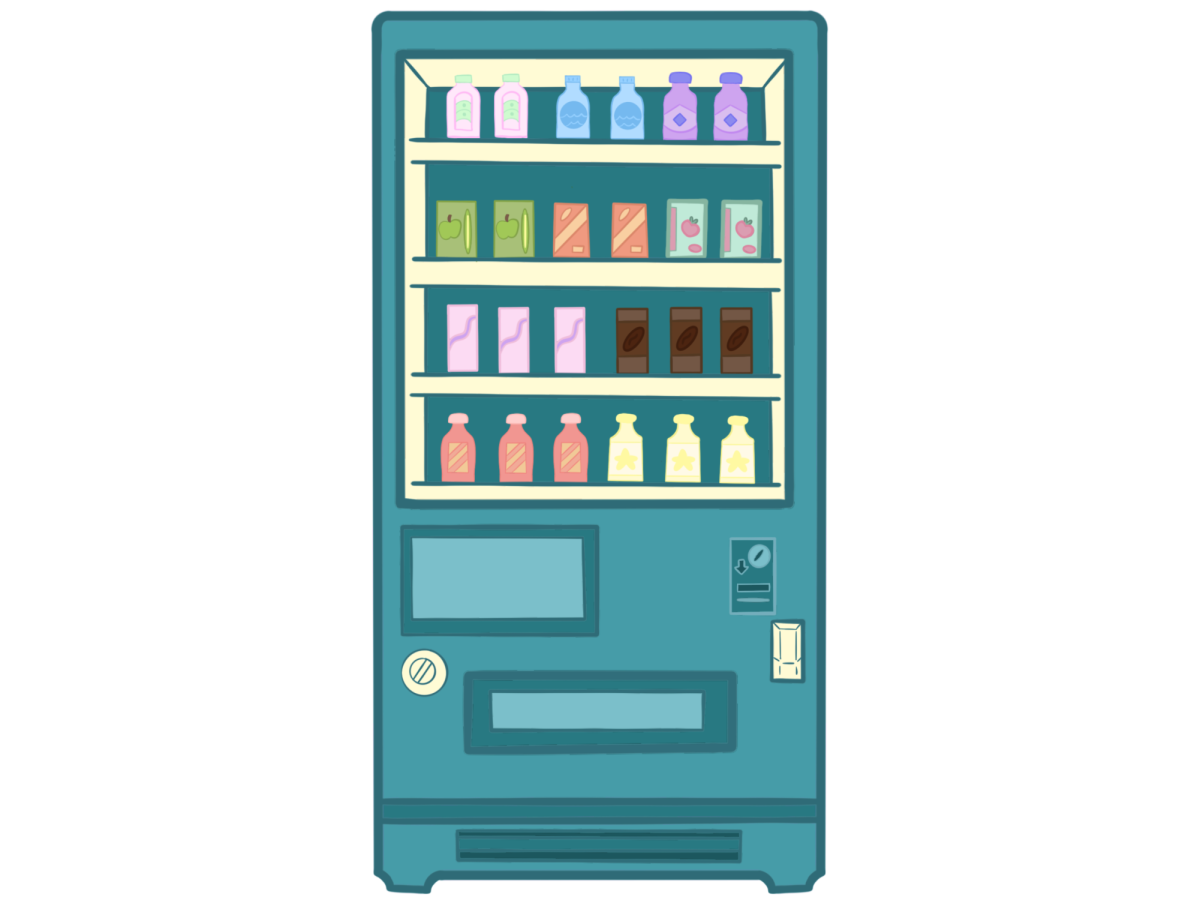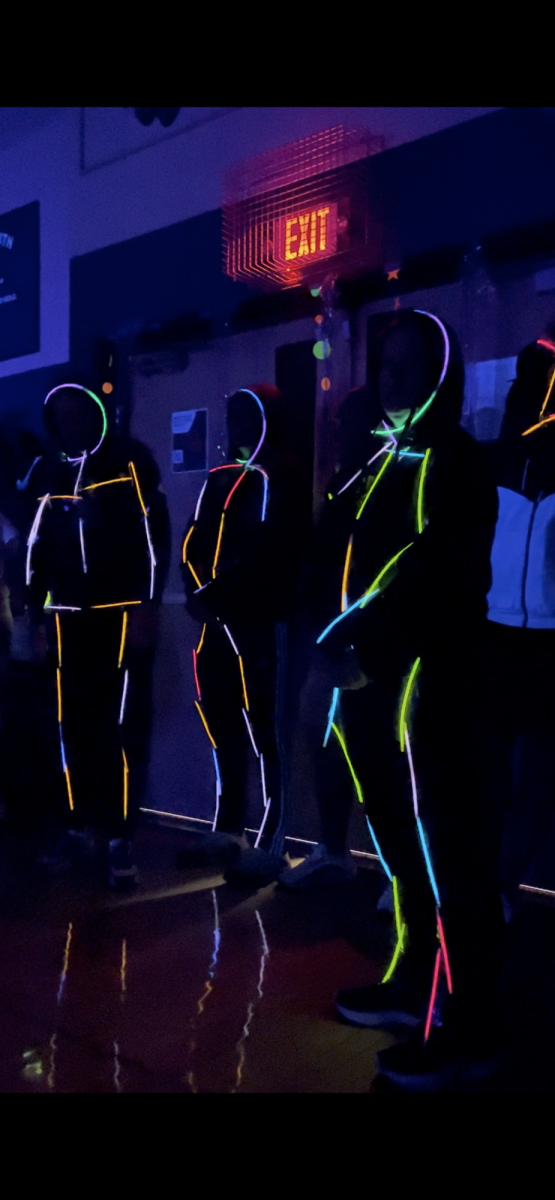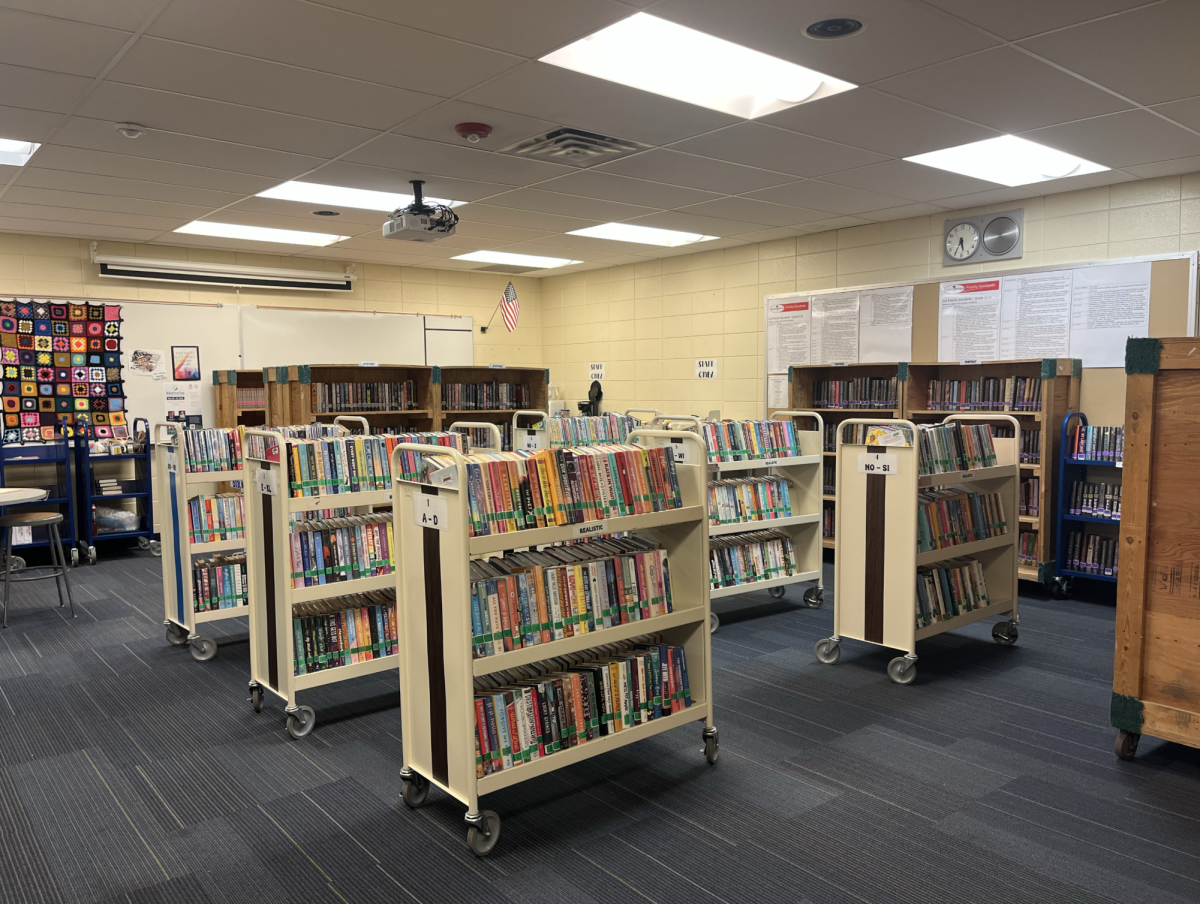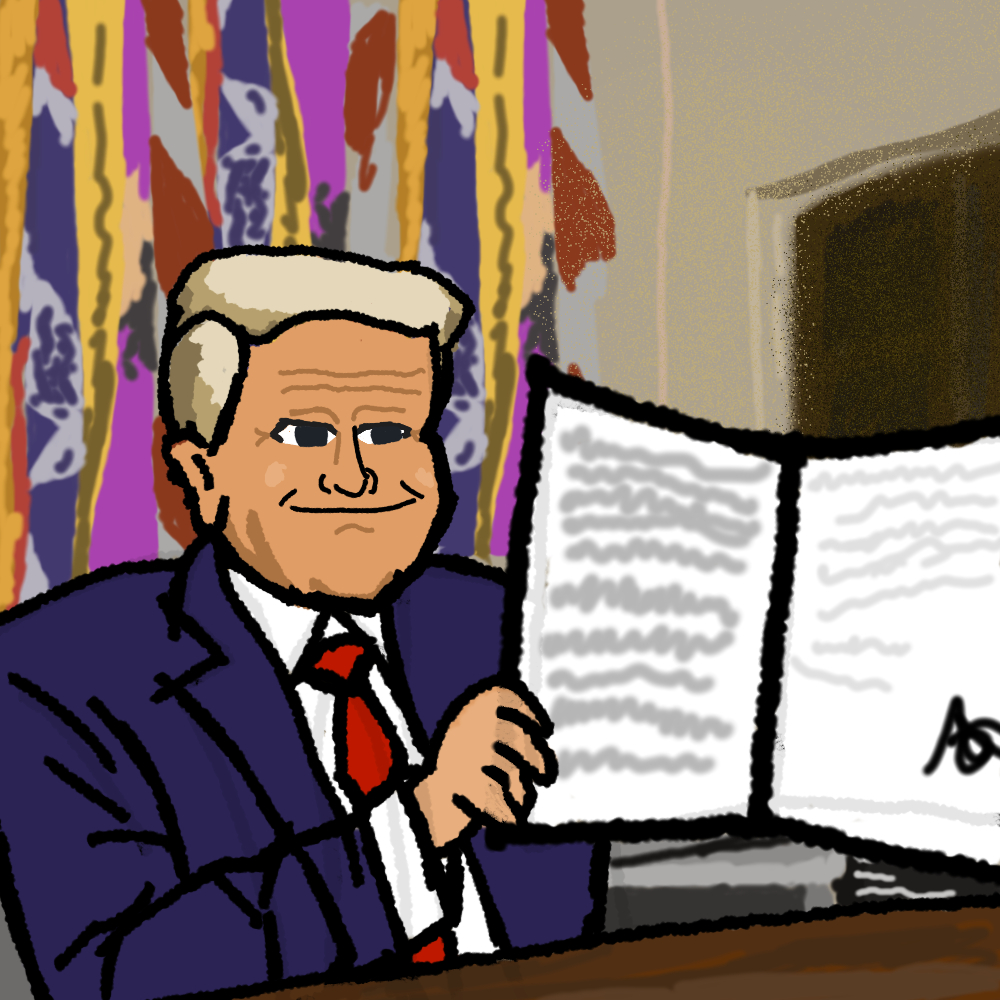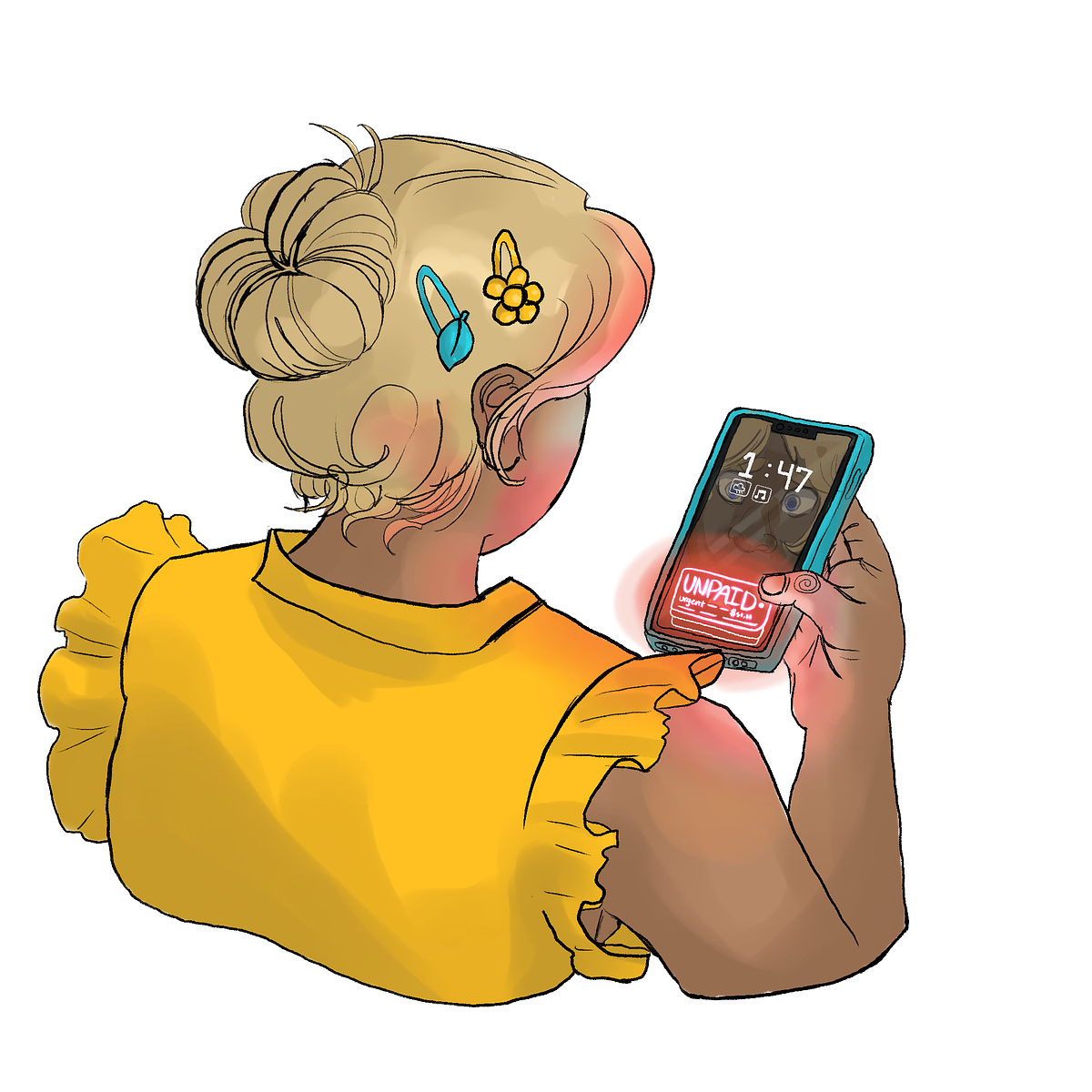Newt Bulger, junior, was confronted by a hall monitor after buying a snack from the vending machines. Bulger had a dentist appointment that morning and wasn’t able to eat before arriving at school.
“I had come in to get a snack from the vending machine because the cart thing in the Falcons nest was closed because school had already started,” Bulger said.
After buying his snack, a teacher came up to him in the hallway giving him an ultimatum.
“[A] teacher came up to me and said that I either had to take it up to the office, I had to eat it in front of her, or I had to throw it away because I wasn’t allowed to have food in class,” Bulger said.
Bulger decided to eat his snack in the commons because he was really hungry and wouldn’t be able to get his snack from the office until after school.
“I just really wanted something in my stomach but I got really nervous because I’d never gotten in trouble before at school,” Bulger said. “So I ended up only taking two bites of my food and then ended up throwing it away and going to class.”
Bulger was confused at the inconsistency and didn’t understand why his teacher could eat in class, but he couldn’t.
“I was honestly kind of frustrated because I’ve seen my teacher for the hour I was going to eat in class a lot,” Bulger said. “Which I thought was a little unfair considering that [my teacher] got to eat and apparently [the hall monitor was] deciding the rules for my next class for me.”
Bulger didn’t understand and was confused at what had just happened to him.
“I was overall just kind of offended and frustrated, nervous about the whole situation,” Bulger said.
Principal Sean DeMaree explains that the primary job of hall monitors during class is safety.
“If something were to ever happen, like a fire drill or an actual fire or emergency, that’d be an adult who could get those students who are in the hallway and make sure they’re safe,” DeMaree said.
There isn’t a school policy regarding snacks in the classroom. Rules are up to individual teachers.
“Teachers have the right to make their own snack policy,” DeMaree said. “And so each classroom has their own that students are asked to follow.”
DeMaree explains that the vending machines’ goal is to ensure that students don’t go hungry, but with these vending machines, many issues have arisen.
“We don’t want any students to go hungry because if you’re hungry, you can’t learn,” DeMaree said. “But also, as I said I think earlier this year, one of our biggest issues at South [is that] one of our number one highest reasons for students getting in trouble is not being in class.”
He explains that he’s trying his hardest to find a balance of allowing students to get what they need as well as keeping them in class.
“Our goal is for students to use the vending machines during passing periods, first thing in the morning, [and] during lunchtime,” DeMaree said. “Times where they’re not missing instruction.”
Consistency has been a big thing with vending machines and their open hours due to a contract the school has with the company the vending machines are owned by. It also goes back to students having access to snacks in case they really need them.
“So if you really are so hungry, you need a snack, we want you to get a snack. So it’s important to be able to give students that access,” DeMaree said.
DeMaree explains that some teachers put signs on the vending machines, hoping that students think twice about going to the vending machines during class time.
“So there’s a few teachers who started putting signs up, just so students can see the sign and go back to class instead of having some teacher talk to them or make them feel like they’re in trouble,” DeMaree said.
DeMaree explains that if a student has an emergency, the admin will help them out and allow them to get what they need.
“Like if you really need a snack if your blood sugars are low or stuff like that we’d help you out,” DeMaree said. “But the preference is that you’re in class when it’s time to learn.”
Bulger just doesn’t understand and finds the whole situation confusing and frustrating.
“That [situation] (regarding his snack) made me frustrated,” Bulger said. “[It] made me nervous because a teacher came up to me… and told me I wasn’t allowed to do something that I had paid for and that we’re allowed to do because vending operations were on at the time.”

